The Bombing of Dresden Begins: A Controversial Chapter in World War II History
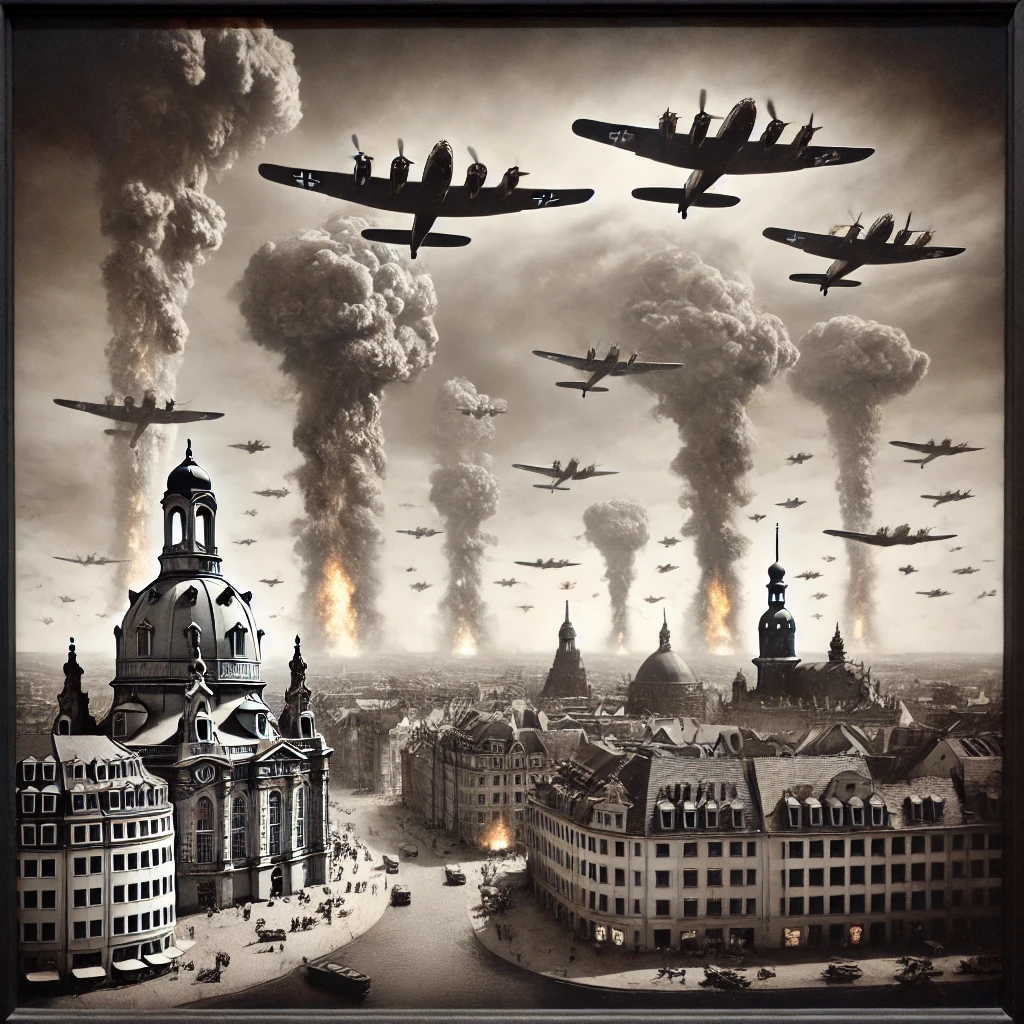
On February 13, 1945, the Allied forces commenced a series of devastating bombing raids on the German city of Dresden, an event that has since become one of the most controversial military actions of World War II. The operation, carried out primarily by the British Royal Air Force (RAF) and the United States Army Air […]
The Liberation of Auschwitz: A Turning Point in World History
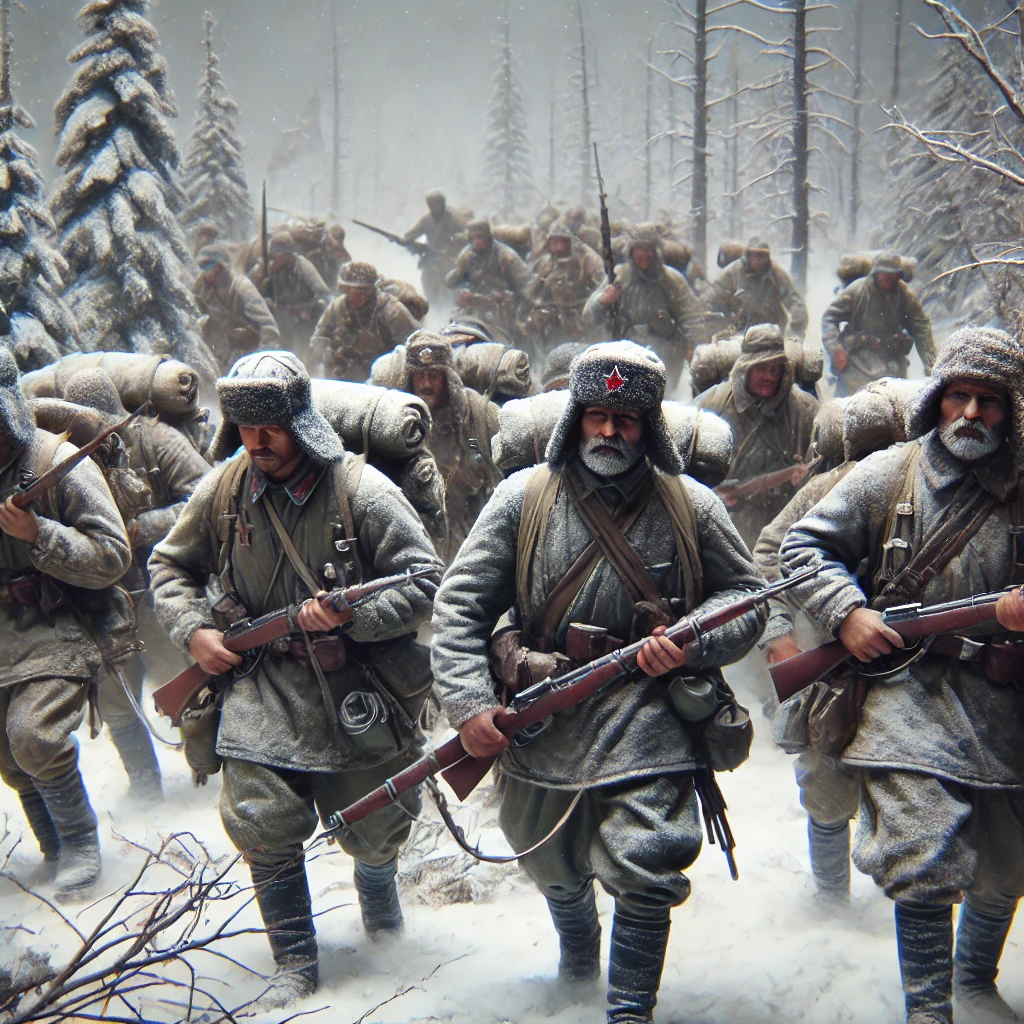
A somber moment in World War II history took place on January 27, 1945, as the Soviet Red Army liberated the Auschwitz-Birkenau concentration and extermination camp, bearing witness to the horrors of the Holocaust. This event marked the beginning of the end for one of the darkest chapters in human history and served as a […]
The Liberation of Warsaw: A Turning Point in World War II
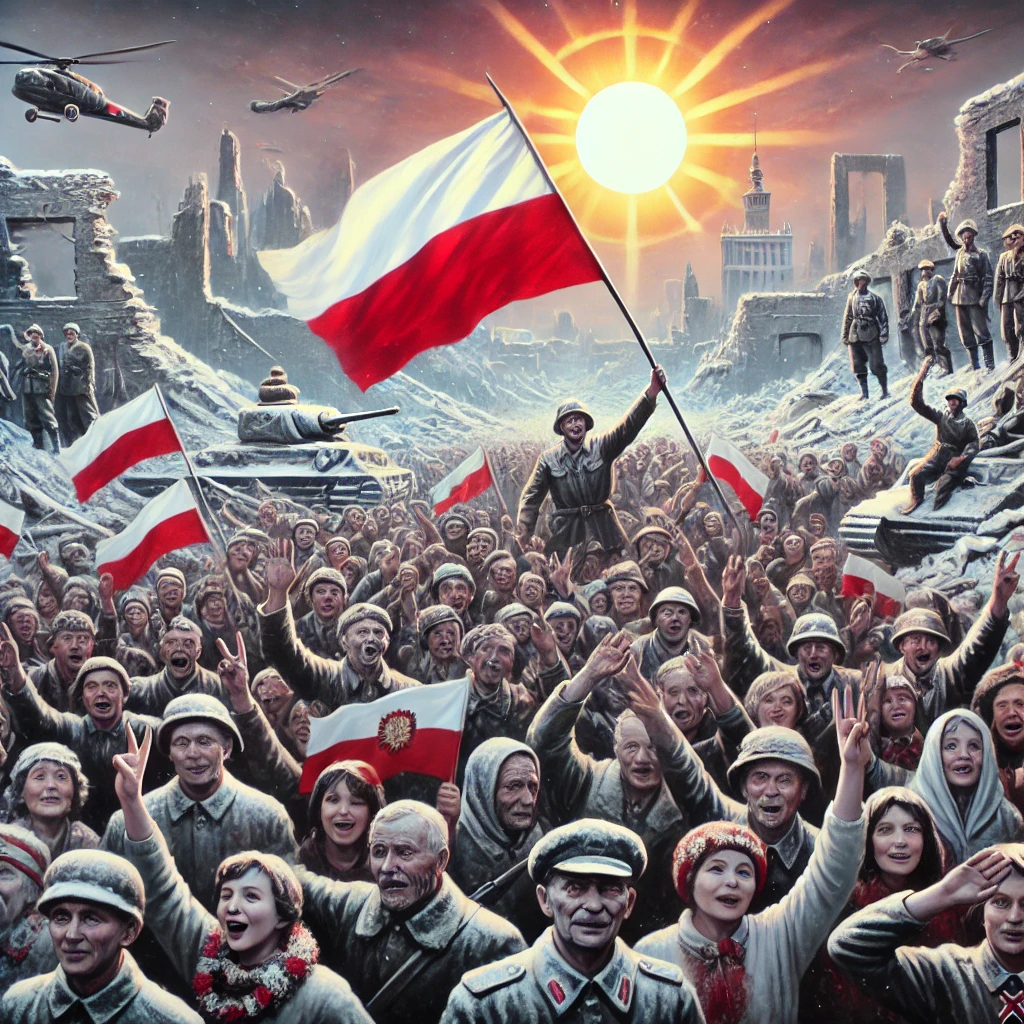
During World War II, on January 17, 1945, Soviet forces successfully liberated Warsaw, Poland, from German occupation. This momentous event marked a crucial turning point on the Eastern Front, signaling the waning power of Nazi Germany and the rise of Soviet influence in Eastern Europe. The liberation of Warsaw remains a significant chapter in the […]
The International Monetary Fund (IMF) is Established: A Turning Point for Global Finance
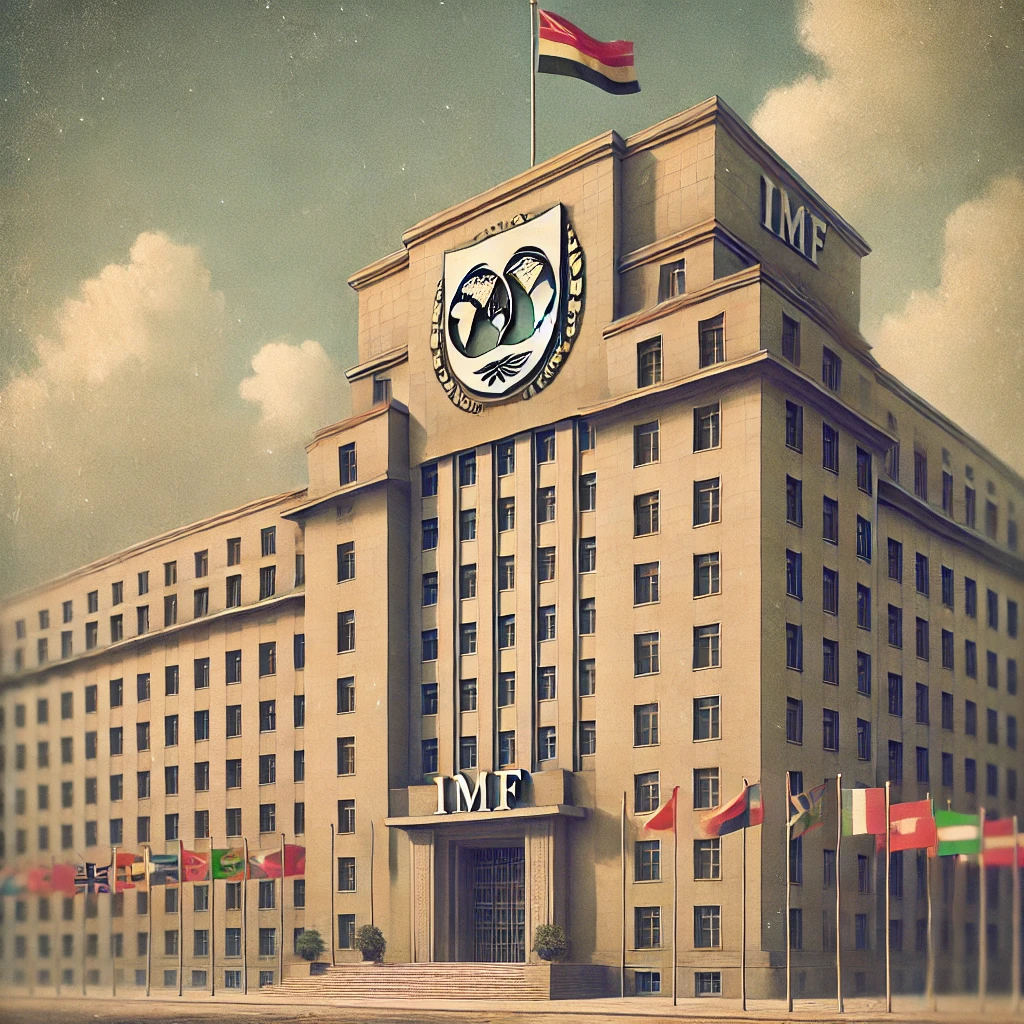
The International Monetary Fund (IMF) was established on December 27th, 1945, with the goal of promoting international monetary cooperation and ensuring the stability of the international monetary system. Born out of the economic turmoil of the Great Depression and World War II, the IMF became a cornerstone of a new global financial order, aimed at […]
A New Era of Global Cooperation: The Birth of the United Nations
On October 24, 1945, the United Nations (UN) was officially established in the aftermath of World War II, marking a pivotal moment in international relations and global governance. The formation of the UN was a response to the devastating consequences of the war, reflecting the world’s collective desire for peace, security, and cooperation among nations. […]
Vietnam Declares Independence from France
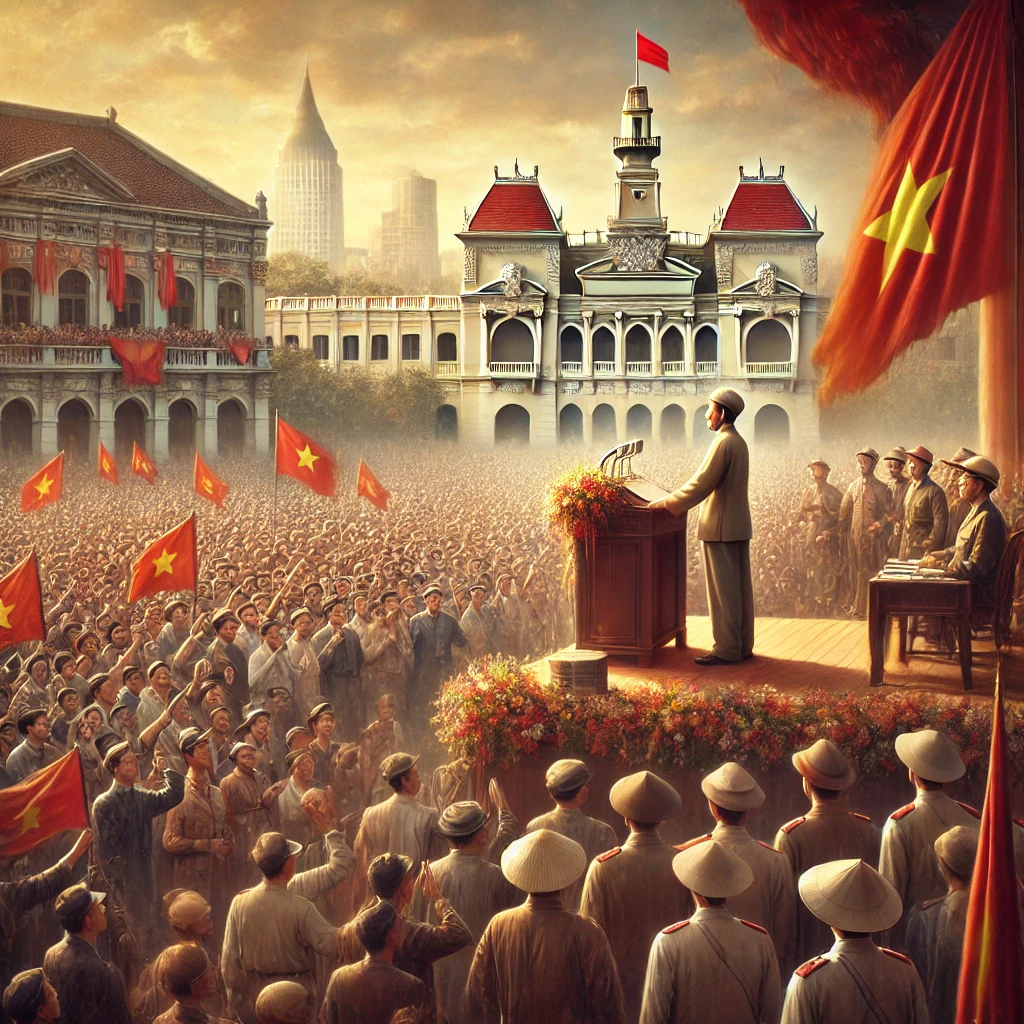
On September 2, 1945, Ho Chi Minh, leader of the Viet Minh, declared Vietnam’s independence from French colonial rule. This declaration marked a significant moment in Vietnam’s struggle for sovereignty and set the stage for the country’s future political landscape. The proclamation came at the end of World War II and was a pivotal moment […]
American Missionary Becomes First Cold War Casualty
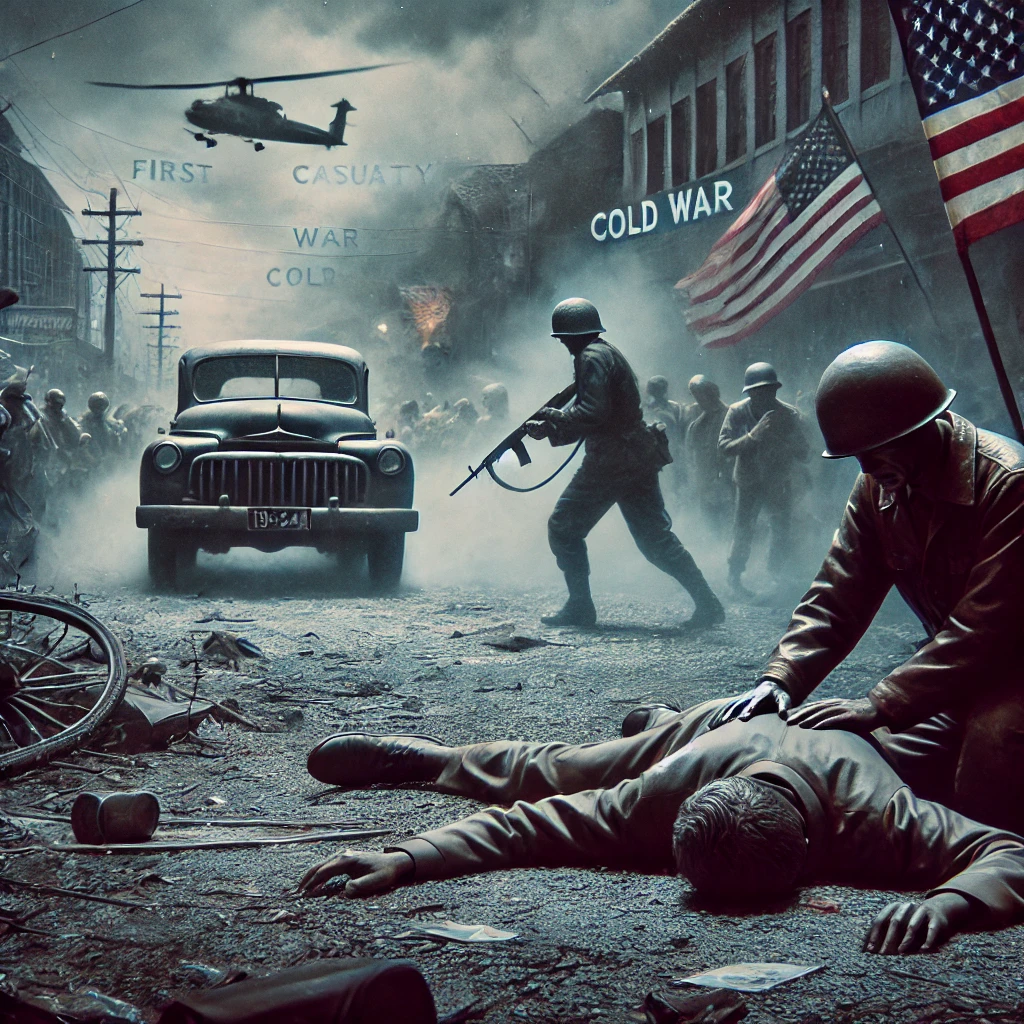
On August 25, 1945, an American missionary in China, John E. Downey, became the first casualty of the Cold War, marking a grim milestone in the nascent conflict between the United States and the Soviet Union. The Cold War, which began shortly after the end of World War II, was characterized by political, military, and […]
17-Year-Old Becomes Youngest to Hit an MLB Home Run
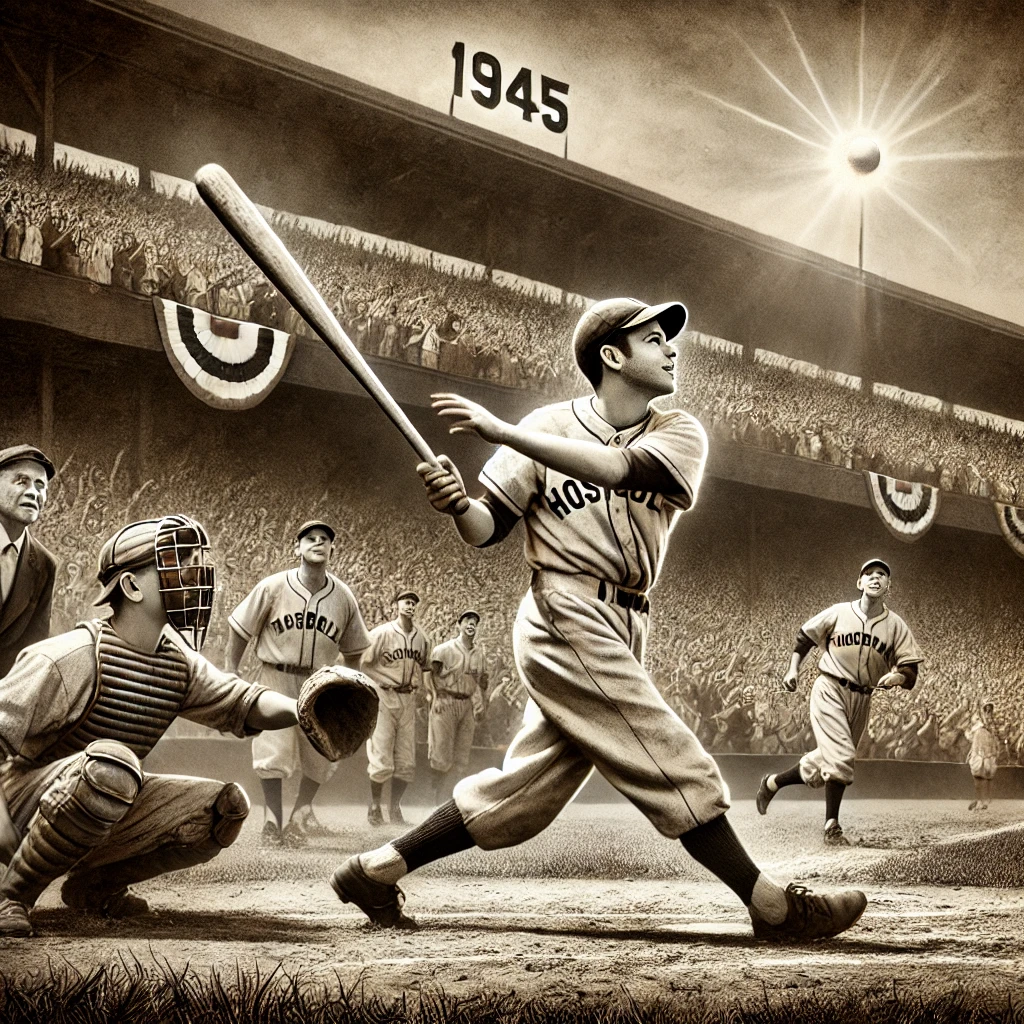
On August 20, 1945, 17-year-old Joe Nuxhall made history by becoming the youngest player ever to hit a home run in Major League Baseball (MLB). This remarkable achievement occurred during a game between the Cincinnati Reds and the Philadelphia Phillies. Nuxhall, who was making only his second appearance in the major leagues, hit the home […]
Atomic Bomb Dropped on Nagasaki
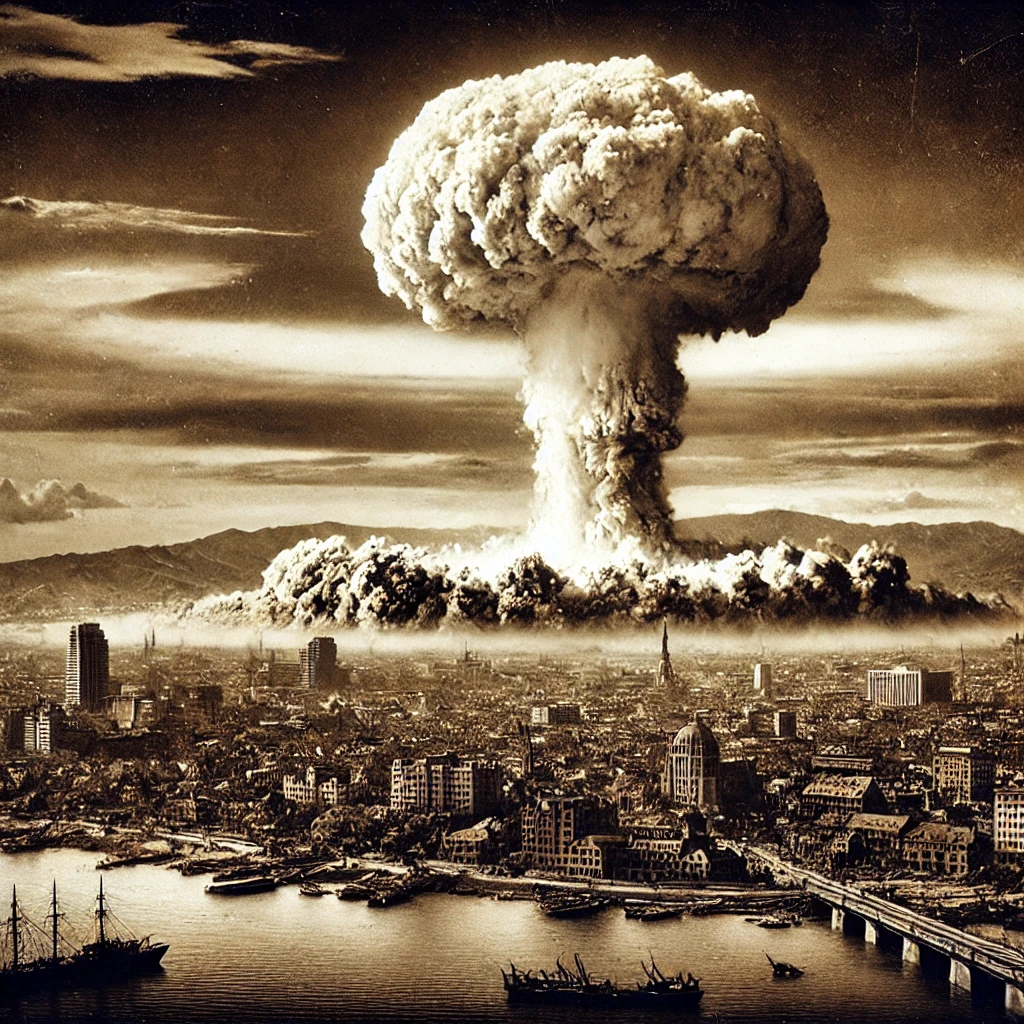
On August 9, 1945, the United States dropped an atomic bomb on the Japanese city of Nagasaki, just three days after the bombing of Hiroshima. This devastating event occurred during the final days of World War II and was a crucial factor in Japan’s decision to surrender. The decision to use atomic weapons was made […]
American Bomber Drops Atomic Bomb on Hiroshima
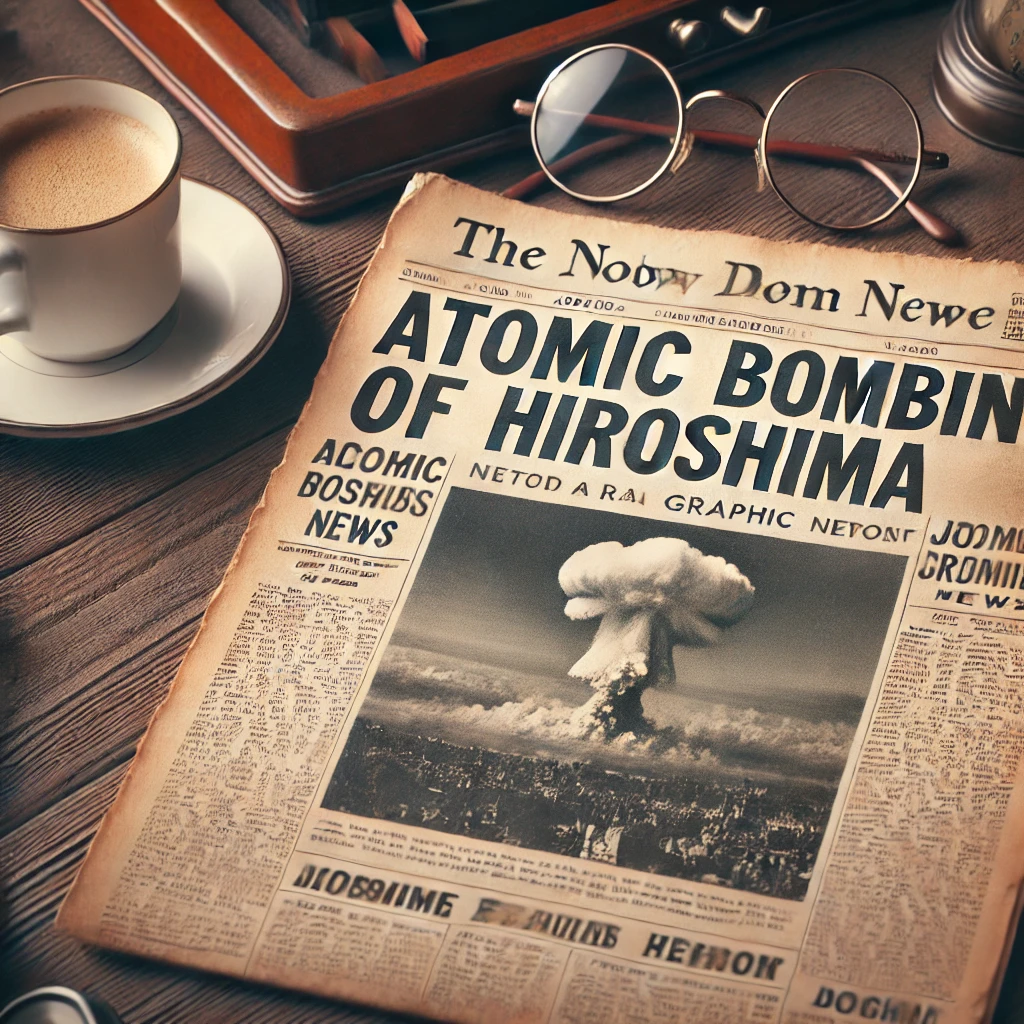
On August 6, 1945, the American bomber Enola Gay dropped an atomic bomb on Hiroshima, Japan, marking one of the most significant and devastating events in modern history. The bomb, named “Little Boy,” exploded with a force equivalent to approximately 15,000 tons of TNT, obliterating much of the city and causing immense destruction. This event […]
